Sing Out Brussels
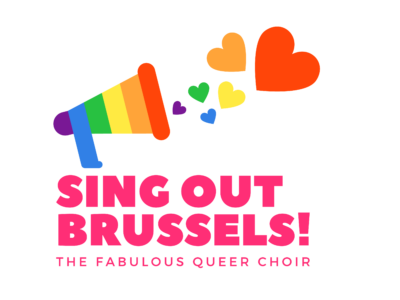

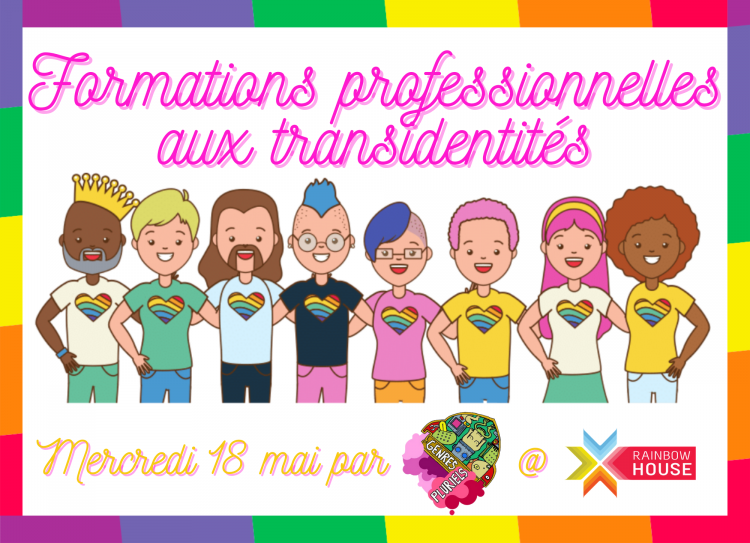
Basic professional training: individual formula. Non-specific professional audience (e.g. health, education, legal, para-medical, media)
Presentation of the training courses:
Who are transgender people? What are their questions, their approaches, their paths? What discrimination do they face and why? What are the consequences and implications, in terms of human rights, of the current legal/legislative framework?
From childhood, we were taught that human beings were either ‘girls’ or ‘boys’. In science class we were taught that there are males and females… and that’s it. In reality, is it really that simple? Does science really explain all reality and all possibilities?
In conversations, in the media, we often hear about homos, lesbians, gays, straights, trans*, sexual orientations, gender identities, etc. But what do these expressions really mean? But what exactly do these terms mean?
Society holds many beliefs and prejudices that reduce people who do not fit the norms to simplistic, often pejorative and degrading schemes. Transgender and intersex people are particularly confronted with this.
Prejudice and discrimination against transgender people often result in considerable difficulties in fundamental areas such as access to health, work, education, housing and administrative services. The reception of transgender people is poor or at least very inadequate in all areas of social life.
We note that the public is largely under-informed or misinformed about the existence and realities of transgender and intersex people. It is therefore essential, and this is one of the main objectives of our association, to implement awareness-raising, information and training activities aimed not only at the general public, but also at professionals in all sectors of society, both public and private.
Here are the main aspects addressed in the framework of this training:
–
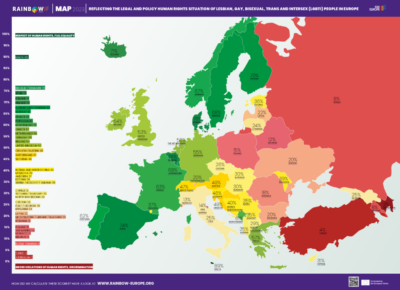
The ILGA report was released almost two weeks ago. It has been quoted many times during the official speeches at...
publié le 29 September 2017
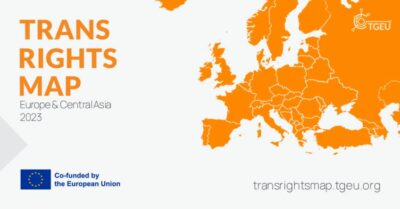
The new report by TGEU (Transgender Europe) has just been released. It is a detailed analysis of the situation of...
publié le 29 September 2017
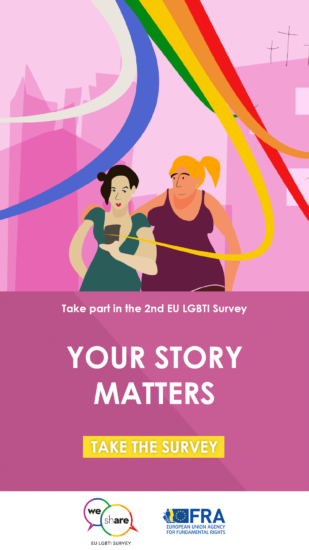
Besides occasional news reports about discrimination against lesbian, gay, bisexual, trans and intersex (LGBTI) people, there is very little comparable...
publié le 29 September 2017